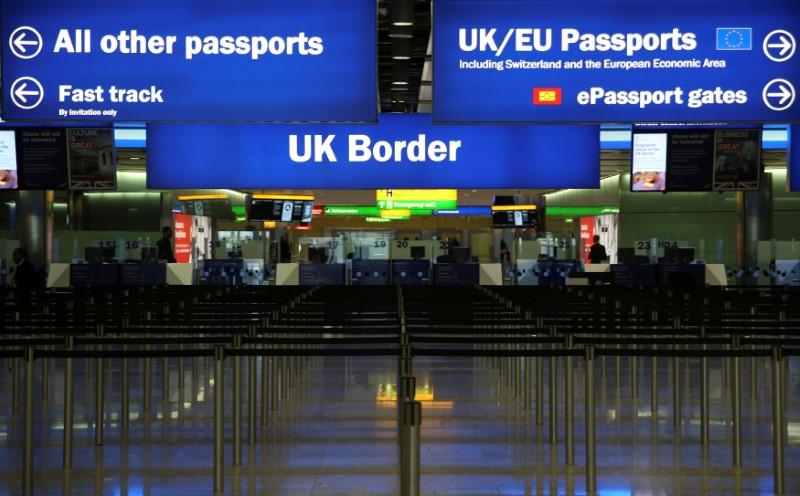Britain’s new requirement for travellers to the UK from 22 countries to quarantine in hotels for 10 days could be in breach of the European Convention on Human Rights (ECHR), an international law firm has said.
Home Secretary Priti Patel announced the measures on Wednesday, telling Parliament that the government “will introduce a new managed isolation process in hotels for those who cannot be refused entry, including those arriving home, from countries where we have already imposed an international travel ban.”





